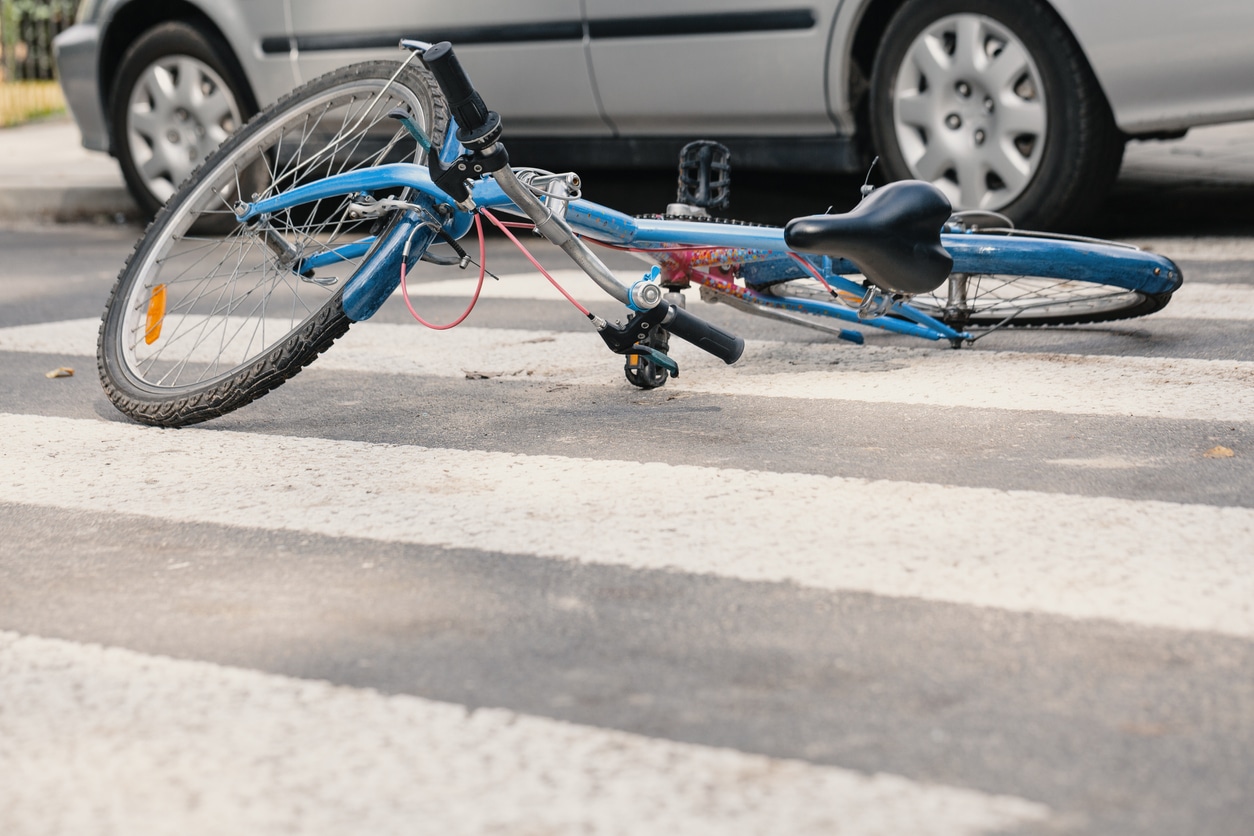When one thinks of driving under the influence (DUI), the immediate reflex might be to picture someone behind the wheel of a car, navigating through streets and highways. However, the realm of DUI laws extends beyond motor vehicles. A question that often arises is whether an individual can face DUI charges while riding a bicycle. In the vast expanse of Texas, where wide-open roads and picturesque landscapes invite cyclists to ride freely, understanding the implications of these laws becomes paramount.
First and foremost, it’s crucial to clarify the legal stance in Texas regarding bicycles and DUI. The law does indeed encompass bicycles, classifying them as vehicles. According to the Texas Penal Code, operating a bicycle while intoxicated can lead to similar penalties as driving a motor vehicle under the influence of alcohol or drugs. This means that any bicyclist exhibiting signs of impairment due to the consumption of these substances may find themselves facing legal repercussions.
To delve deeper, let’s dissect the term “intoxicated.” In Texas, a person is considered legally intoxicated if their blood alcohol concentration (BAC) is 0.08% or higher. However, it’s important to recognize that even a lower BAC can warrant a DUI charge, especially if the cyclist’s ability to operate the bike safely is compromised. Impairment can manifest in various forms, from poor coordination and slowed reaction times to reduced judgment—all factors that make cycling dangerous not only for the intoxicated rider but also for others on the road.
It may seem trivial to some, perhaps overshadowed by the more visible dangers associated with motor vehicles. Yet, it is precisely this perception that warrants more profound examination. The phenomenon of cyclists being charged with DUI can often be overlooked, leading to misconceptions about the safety and legality of cycling under the influence. According to anecdotal accounts, many cyclists believe that riding a bike, being a non-motorized activity, is a safe alternative to driving. This reasoning, while appealing, is fundamentally flawed.
The risks tied to cycling while intoxicated are substantial. Consider navigating through the bustling streets of a Texas city, where traffic, pedestrians, and other cyclists conjoin in a symphony of potential hazards. A person riding under the influence may struggle to maintain balance or make swift, sound decisions, increasing the likelihood of accidents. The unfortunate reality is that many individuals involved in biking collisions under intoxication could have severe repercussions, not only for themselves but for unsuspecting pedestrians and drivers, as well.
Moreover, the legal consequences can be staggering. In Texas, a first-time DUI offense while cycling may lead to fines up to $500 and possible community service. If the cyclist’s actions lead to bodily injury or property damage, the penalties can escalate dramatically, potentially resulting in misdemeanor or felony charges. Furthermore, facing legal action has a ripple effect through various facets of life. Increased insurance premiums, having a criminal record, community service obligations, and the stigma attached to DUI-related offenses can all substantially alter one’s future opportunities.
But what drives individuals to engage in cycling while intoxicated? This intriguing inquiry often leads to a myriad of reasons. For many, the allure of cycling represents freedom and spontaneity—a chance to revel in nature, explore urban landscapes, or engage in social activity among friends. After a few drinks, some may feel emboldened to continue enjoying the ride. Unfortunately, the intoxicating effects of alcohol can warp one’s perception of safety and control, leading them to underestimate their own impairment.
Additionally, the social settings often accompany drinking—celebrations, gatherings, and nightlife—may create a false sense of security, as riding a bike seems innocuous compared to driving a car. This societal context opens up a broader dialogue about the normalization of drinking in recreational activities, particularly when combined with biking. It raises important considerations regarding responsibility and awareness of consequences.
For those pondering the question of whether they can enjoy a drink and cycle home safely, a resounding piece of advice prevails: if you choose to partake in alcohol consumption, consider alternative means of transportation or refrain entirely from cycling. Designated drivers, rideshare services, or simply walking home may all serve as safer, more responsible options. These choices not only safeguard one’s personal safety but also contribute positively to the overall safety of the community.
In conclusion, navigating the intricacies of DUI laws on bicycles in Texas necessitates a conscious understanding of the implications of impaired cycling. The ethos of responsible behavior and awareness cannot be overstated. While cycling is a fantastic way to enjoy the great outdoors and promote a healthy lifestyle, it is equally imperative to remain cognizant of one’s capacity to ride safely, particularly under the influence of substances. Ultimately, fostering a culture of responsibility, education, and awareness regarding the crossover between cycling and DUI can cultivate a safer environment for everyone on and off the road.
